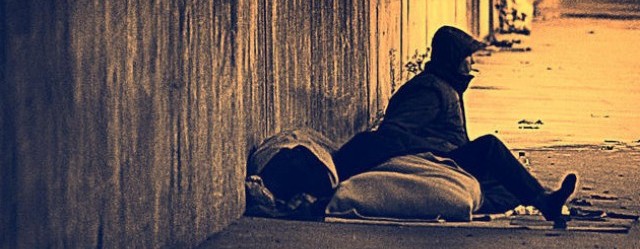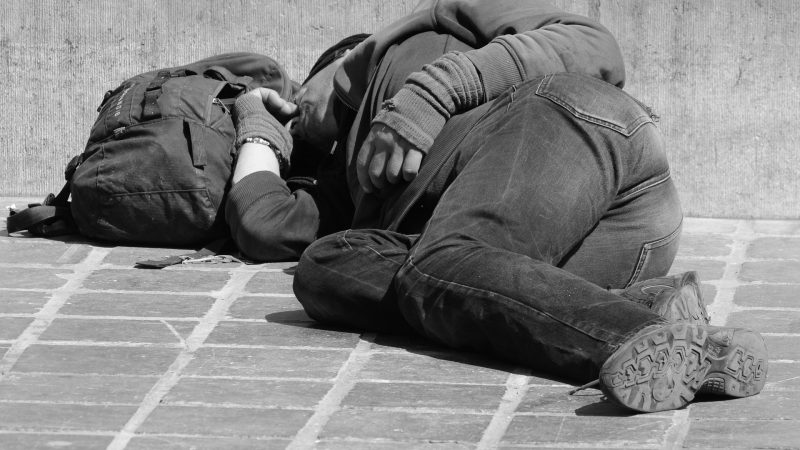“It costs more to jail a person than it does to provide permanent supportive housing.”
The National Law Center on Homelessness & Poverty (NLCHP) and the National Coalition for the Homeless (NCH) have released a report in July titled, Homes Not Handcuffs, tracking a growing trend in U.S. cities – the criminalization of homelessness. The report focuses on specific city measures from 2007 and 2008 that have targeted homeless persons, such as laws that make it illegal to sleep, eat, or sit in public spaces.
The report includes information about 273 cities nationwide.
Homes Not Handcuffs also ranks the top 10 U.S. cities with the worst practices in relation to criminalizing homelessness.
The national ranking is based on a number of factors, including the number of anti-homeless laws in the city, the enforcement of those laws, the general political climate toward homeless people in the city, and the city’s history of criminalization measures.
In addition to the “meanest cities,” the report identifies examples of more constructive approaches to homelessness.
NLCHP and NCH released their last joint report on the topic in 2006. In the 224 cities surveyed in both this report and the 2006 report, there are currently more laws used to target homeless persons, including an 11% increase in laws prohibiting loitering in certain public places and a 7% increase in laws prohibiting “camping” in certain public spaces.
Maria Foscarinis, NLCHP Executive Director, noted, “Homelessness in America is a human rights crisis right here at home. As foreclosures continue and the recession deepens, the crisis is affecting more and more Americans. But while some cities offer a helping hand, too often, as documented in our report, cities adopt unjust laws and practices that punish people simply for being poor and homeless.”
“As a result of the economic crisis, homelessness is on the rise. Instead of helping to prevent homelessness, many cities are criminalizing those who lose their homes by passing ‘quality of life’ laws,” said Michael Stoops, Executive Director at NCH.
While more cities are cracking down on homeless people living in public spaces, the housing and homelessness crisis in the United States has worsened over the past two years, particularly due to the current economic and foreclosure crises. According to a report released last week by the U.S. Department of Housing and Urban Development, 41.8% of the homeless population was unsheltered between January 2007 and January 2008. Most cities do not have adequate shelter space or affordable housing to meet the need, leaving many homeless persons with no choice but to live in public spaces.
“Criminalizing homelessness is not only an inhumane way of approaching people who are poor and vulnerable, but is counterproductive in dealing with the problem of homelessness,” said Tulin Ozdeger, NLCHP Civil Rights Program Director. “It costs more to jail a person than it does to provide permanent supportive housing.”
The report recommends that cities adopt constructive measures, such as developing innovative strategies to allocate more city funds for permanent housing, job training and services for homeless people. In addition, NLCHP and NCH recommend that the U.S. Interagency Council on Homelessness, recently charged by Congress with developing such alternatives, urge cities to stop criminalizing homelessness and adopt such constructive measures instead.
The National Law Center on Homelessness and Poverty’s mission is to prevent and end homelessness by serving as the legal arm of the nationwide movement to end homelessness. To achieve its mission, NLCHP pursues three main strategies: impact litigation, policy advocacy, and public education.
- Los Angeles, CA
- St. Petersburg, FL
- Orlando, FL
- Atlanta, GA
- Gainesville, FL
- Kalamazoo, MI
- San Francisco, CA
- Honolulu, HI
- Bradenton, FL
- Berkeley, CA



